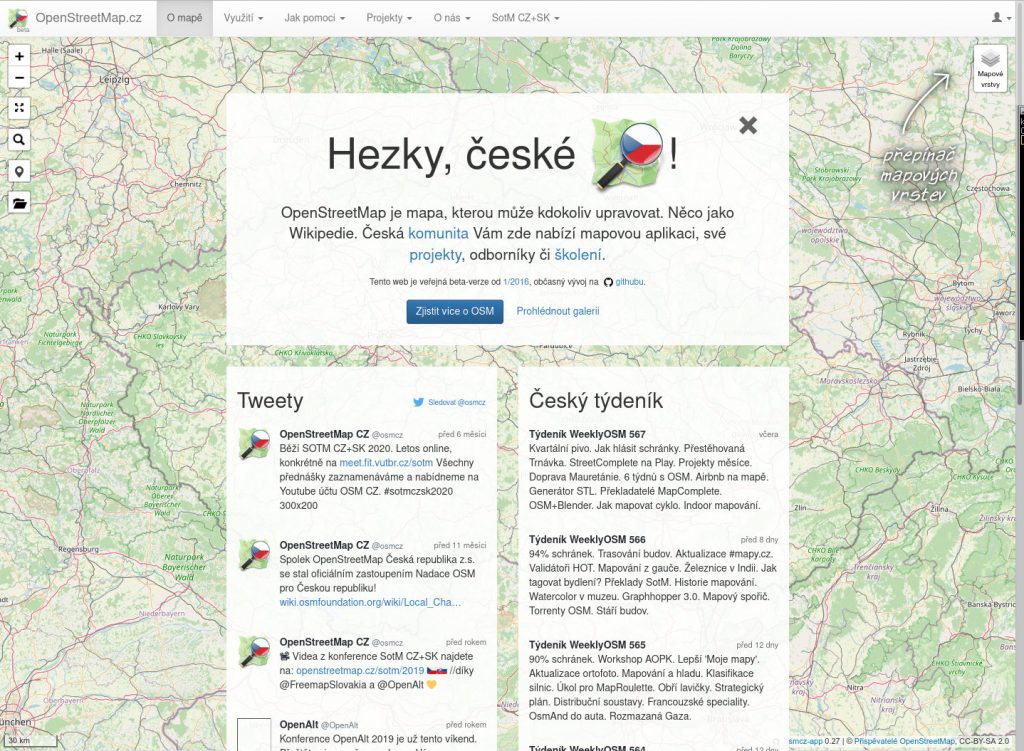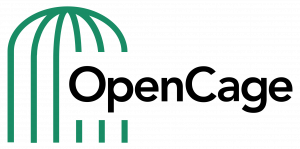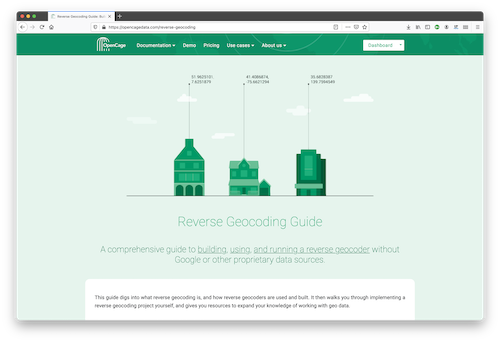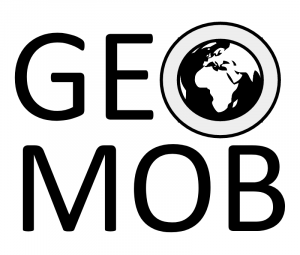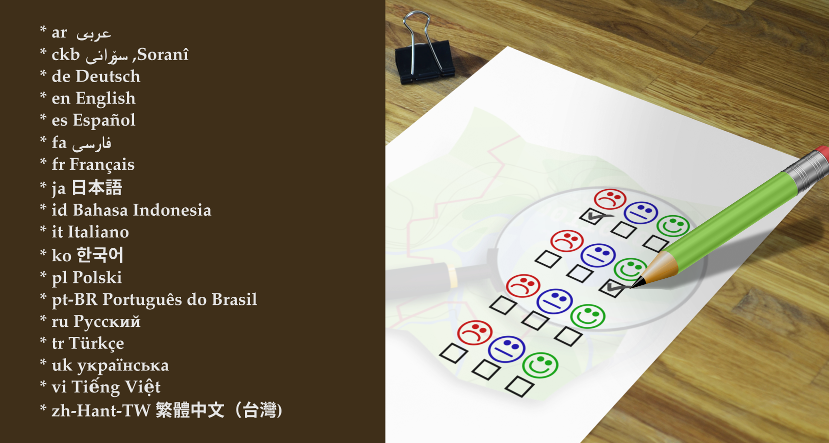To support the development of open source software around OpenStreetMap, the OSM Foundation has recently launched the Engineering Working Group (EWG). The group intends to support open source software projects with direct funding, mentorship programs, and by offering a platform for coordination.
Why this working group?
OpenStreetMap relies on a vast ecosystem of open source software. This includes the tools used by mappers to understand and contribute data, the software powering our database servers and website, the libraries and frameworks used by developers to build consumer-facing applications around OSM data, and many of these applications themselves.
The development teams creating these software products are generally independent entities, separate from the OpenStreetMap Foundation (OSMF). This is by design: The OSM community values do-ocracy and decentralization, so the OSMF does not manage software projects. However, that does not mean there is no room for the OSMF to support this vital ecosystem!
What we do
The Engineering Working Group (EWG) is charged with
- Handling software development paid for by the OSMF, including the distribution of grants. This will involve putting out calls for proposals on tasks of interest, and accepting proposals on other tasks.
- Offering a platform for coordination of software development efforts across the OSM ecosystem. We want to encourage standardization and shared efforts between projects by bringing together developers with similar interests. This work also includes responding to emails and directing people at other people or appropriate resources.
- Managing OSM’s participation in software mentorship programs such as Google Summer of Code, which help grow the OSM developer community.
For handling paid development, “tasks” include development of new features, maintenance of code, documentation, and other tasks that improve the developer experience. When we are ready to start providing grants, we will encourage applications from skilled individuals who aren’t professional developers, professional contractors or companies, as well as those who are.
The OSMF has previously supported software projects through microgrants as well as separately with funding for Nominatim, osm2pgsql, Potlatch 2 and iD. With EWG, this kind of support will be placed on a more solid foundation.
In our first round we will look for projects that don’t need much management and focus the bulk of our efforts on core software. Like with all work paid for by the OSMF, the principles of the Hiring Framework will apply.
Whom we seek
As a group that is just getting started, we’re eagerly looking for additional working group members.
We would particularly welcome people knowledgeable about technology used in key OSM systems, such as the rails port, Ruby on Rails in general, and the cgimap implementation of the main OSM API, as well as those who can help with knowledge domains, such as user interface design, which are not well covered by the existing members.
However, you do not need to know any particular technology to participate! So if you have experience with the OSM software ecosystem, developing software, or managing software development, consider joining us!
Do you want to translate this and other blog posts in another language..? Please send an email to communication@osmfoundation.org with subject: Helping with translations in [language]
The OpenStreetMap Foundation is a not-for-profit organisation, formed to support the OpenStreetMap Project. It is dedicated to encouraging the growth, development and distribution of free geospatial data for anyone to use and share. The OpenStreetMap Foundation owns and maintains the infrastructure of the OpenStreetMap project, is financially supported by membership fees and donations, and organises the annual, international State of the Map conference. It has no full-time employees and it is supporting the OpenStreetMap project through the work of our volunteer Working Groups.
Get notified about new blog posts: Subscribe to the RSS feed
